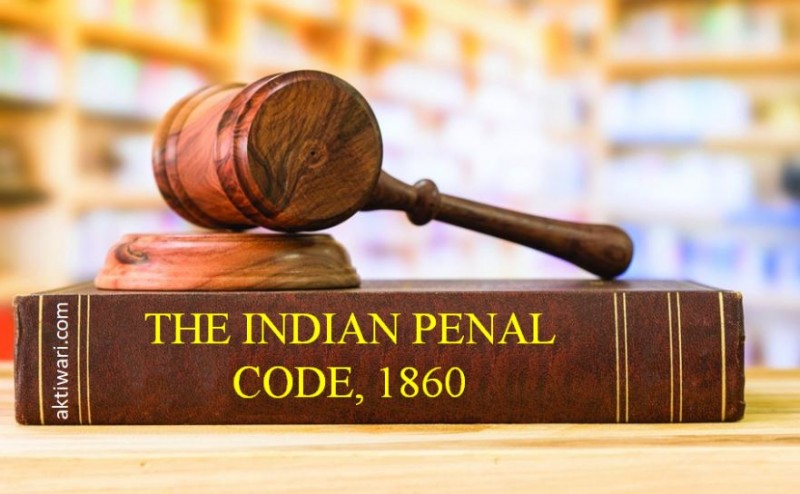
n a groundbreaking move, the Central government of India is poised to revolutionize the nation's criminal legal framework by replacing the age-old statutes that have governed the country's justice system for decades. The Indian Penal Code (IPC) of 1860, the cornerstone of India's criminal justice structure, alongside the Code of Criminal Procedure (CrPC) of 1973 and the Indian Evidence Act of 1872, is set to make way for a new era of legal governance.
The Indian Penal Code, which was introduced during the colonial era in 1860, has served as the bedrock of India's criminal law system for over 160 years. Crafted by the British colonial administration, the IPC was designed to establish a unified legal framework across the diverse regions and communities that constituted India at the time. However, with the passage of time, changing societal norms, and evolving legal philosophies, the need for a comprehensive overhaul has become evident.
The forthcoming transformation entails the replacement of these pivotal legislations with newly envisioned acts. The IPC will give way to the Bharatiya Nyaya Sanhita, 2023, while the CrPC will be succeeded by the Bharatiya Nagarik Suraksha Sanhita, 2023, and the Indian Evidence Act will be replaced by the Bharatiya Sakshya Bill, 2023.
The Bharatiya Nyaya Sanhita, set to replace the IPC, is a reflection of India's aspirations for a justice system that aligns with contemporary needs. As society has evolved since the IPC's inception, there is a pressing need to address emerging legal challenges, technological advancements, and shifting perspectives on crime and punishment. The new code is anticipated to cater to these dynamics, ensuring that justice remains accessible, equitable, and effective.
Similarly, the Bharatiya Nagarik Suraksha Sanhita will replace the CrPC, signaling a shift towards a more citizen-centric legal process. With a focus on safeguarding the rights and security of individuals, this new code aims to streamline criminal procedures while upholding due process and fundamental rights.
The replacement of the Indian Evidence Act with the Bharatiya Sakshya Bill highlights the significance of accurate and reliable evidence in the administration of justice. As technology advances and new forms of evidence emerge, the legal system must adapt to ensure that truth is uncovered, and justice is served.
The decision to revamp these age-old laws is a pivotal moment in India's legal history. By embracing change and updating the legal framework, the Central government is acknowledging the need to harmonize the justice system with the demands of a rapidly evolving society. The move is not just a symbolic gesture but a practical step toward a more efficient, just, and equitable legal system.
As the transition unfolds, experts, legal scholars, and policymakers will undoubtedly engage in discussions and deliberations to ensure that the new legal codes embody the spirit of the Indian Constitution, protect human rights, and reflect the collective values of the nation. The path to this transformation is poised to be challenging, but the potential benefits for India's justice system and society at large are immeasurable.
In conclusion, the replacement of the Indian Penal Code, Code of Criminal Procedure, and the Indian Evidence Act with modernized legislations is a watershed moment in India's legal landscape. This step reflects the government's commitment to an inclusive, efficient, and just justice system that serves the diverse needs of the Indian populace in the 21st century. The journey ahead promises to shape a legal framework that aligns with contemporary realities, safeguards individual rights, and paves the way for a more equitable society.
Celebrate International Cat Day with your cute furry Friend with all Rudiments
Remembering the Sacrifice: Khudiram Bose, Inspirational Young Freedom Fighter